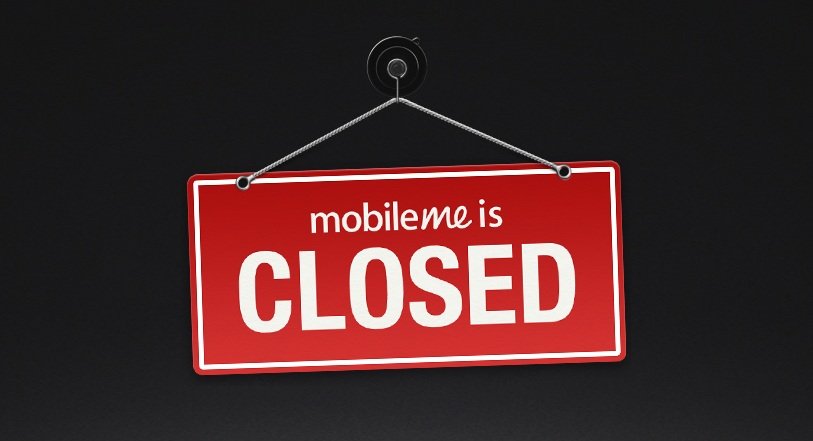Apple's botched MobileMe launch and the failure of fear-based management

iMore offers spot-on advice and guidance from our team of experts, with decades of Apple device experience to lean on. Learn more with iMore!
You are now subscribed
Your newsletter sign-up was successful
MobileMe launched in 2008 as a replacement for .Mac and ended up being replaced itself just three short years later by iCloud. So terrible was its launch, so tarnished was was the perception of its service, that Steve Jobs reportedly walked the halls of Apple with a flame-thrower, dressing down the troops and handing over responsibility for the service to his fixer, Eddy Cue. But was MobileMe's failings the fault of the engineers, or of the managers in charge of the project? Former member of the MobileMe team, Erin Caton believes the latter:
Now, regardless of whether no one in the inner sanctum of dudes-that-Steve-listened-to-at-the-time told him all the things we told our bosses, or who-up-the-chain-of-command was not brave enough to suggest we do something not-Apple-like — this was the system that Steve created. He made himself so fearful and terrible that an entire group of amazing, talented, hard working people, ended up getting screamed at wrongfully. It was his fault that the MobileMe launch went so poorly, not ours.
Steve Jobs is no longer with us, but the culture he created at Apple remains very much alive. Troubled launches with Siri and with iOS 6 Maps show that not all lessons may have been launched from MobileMe, and if Caton is right, might also show at least part of the reason why.
Read the rest of her post for her full take on the events surrounding the MobileMe launch.
Source: Erin Caton
iMore offers spot-on advice and guidance from our team of experts, with decades of Apple device experience to lean on. Learn more with iMore!

Rene Ritchie is one of the most respected Apple analysts in the business, reaching a combined audience of over 40 million readers a month. His YouTube channel, Vector, has over 90 thousand subscribers and 14 million views and his podcasts, including Debug, have been downloaded over 20 million times. He also regularly co-hosts MacBreak Weekly for the TWiT network and co-hosted CES Live! and Talk Mobile. Based in Montreal, Rene is a former director of product marketing, web developer, and graphic designer. He's authored several books and appeared on numerous television and radio segments to discuss Apple and the technology industry. When not working, he likes to cook, grapple, and spend time with his friends and family.
